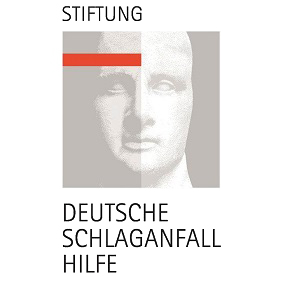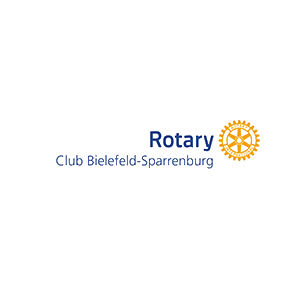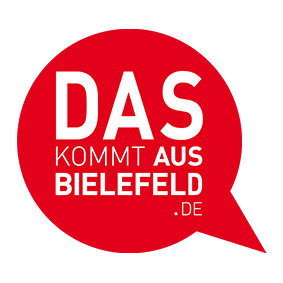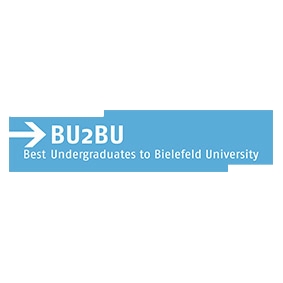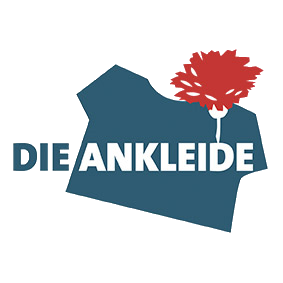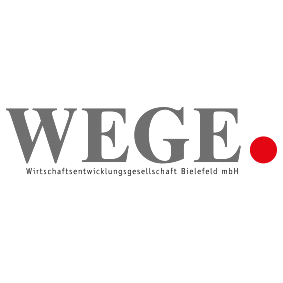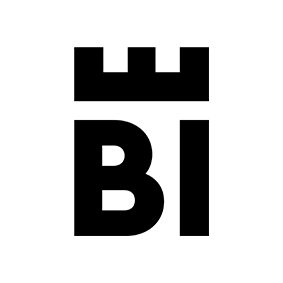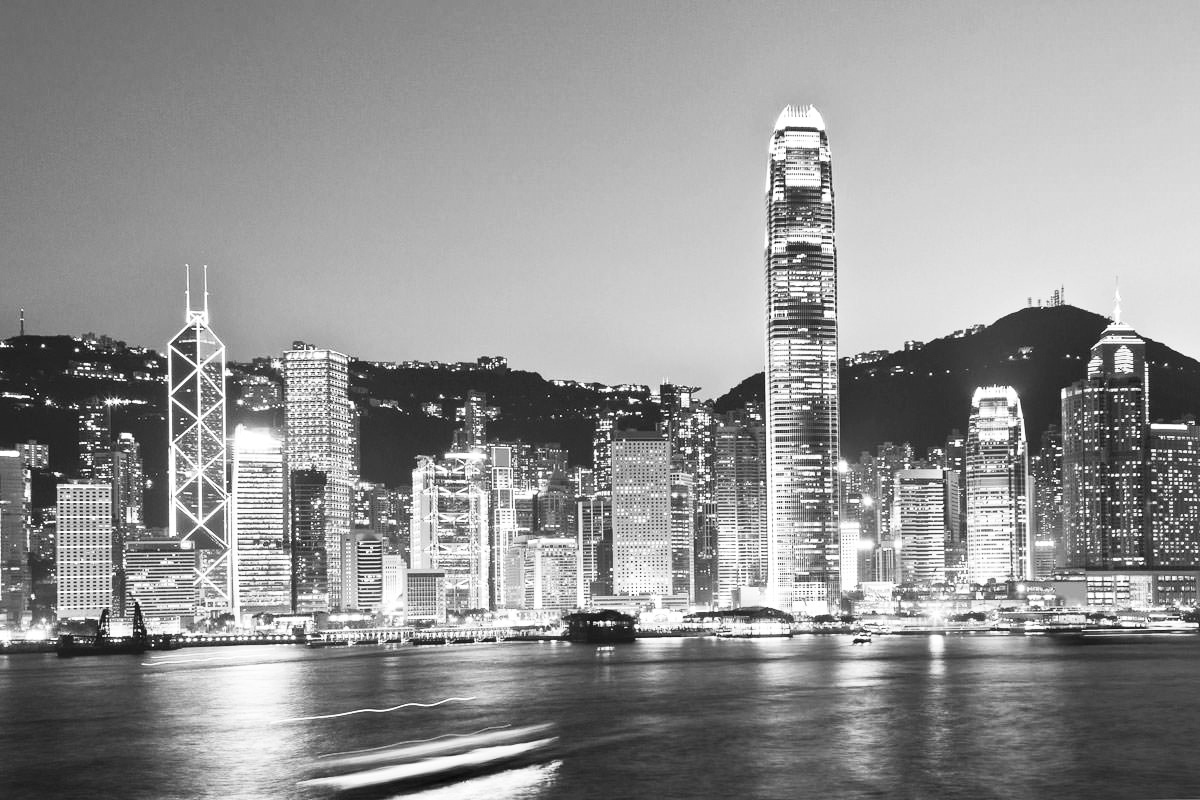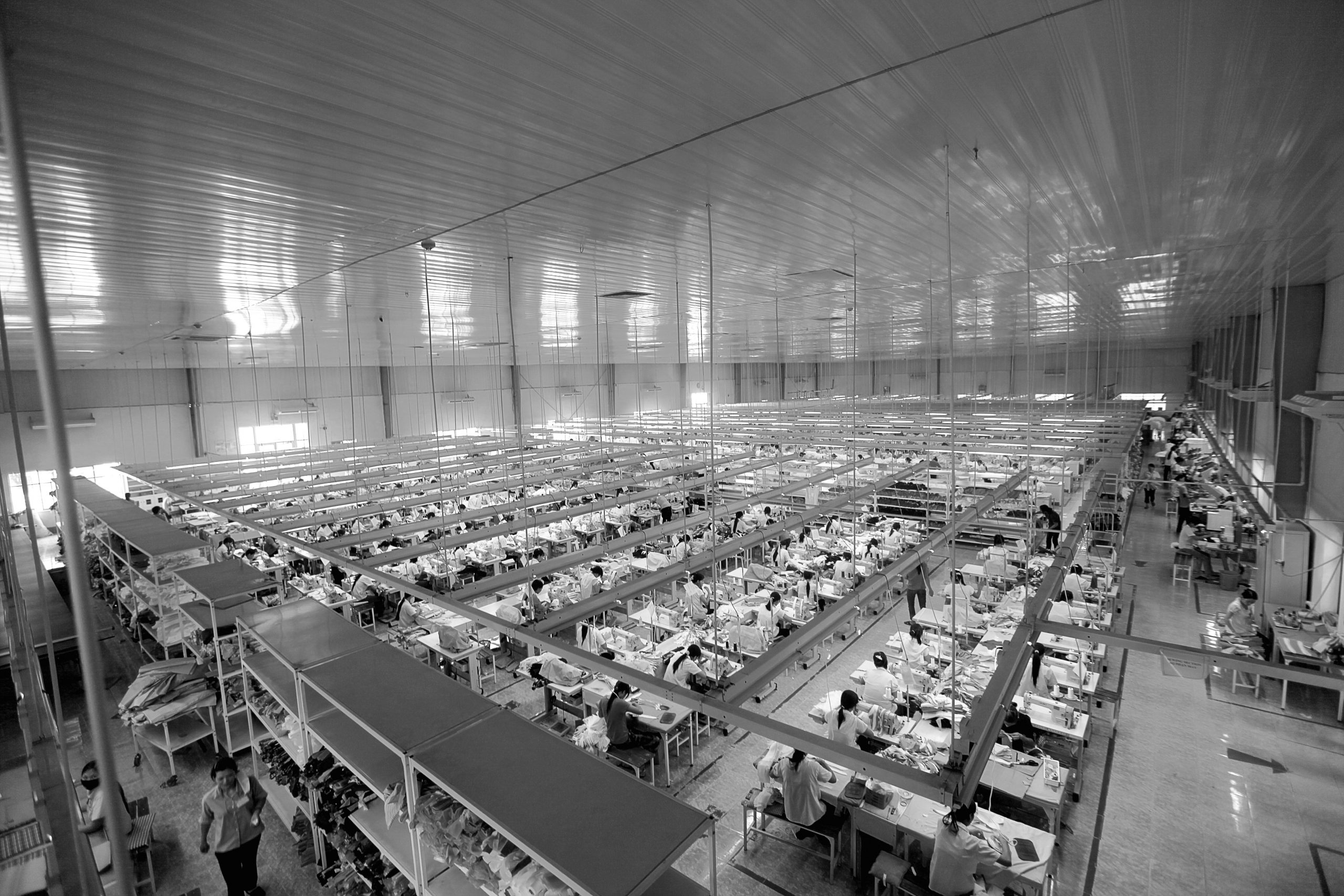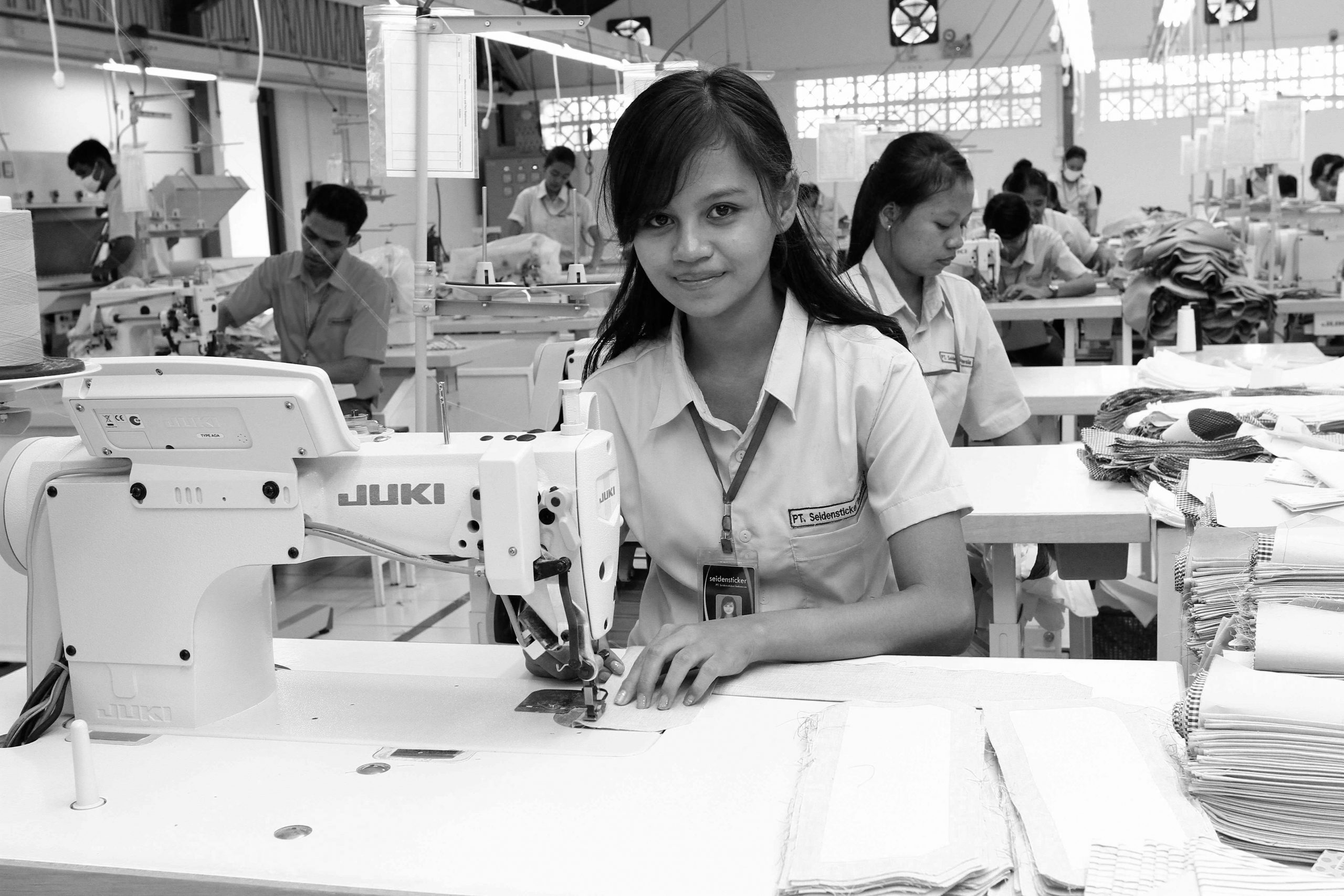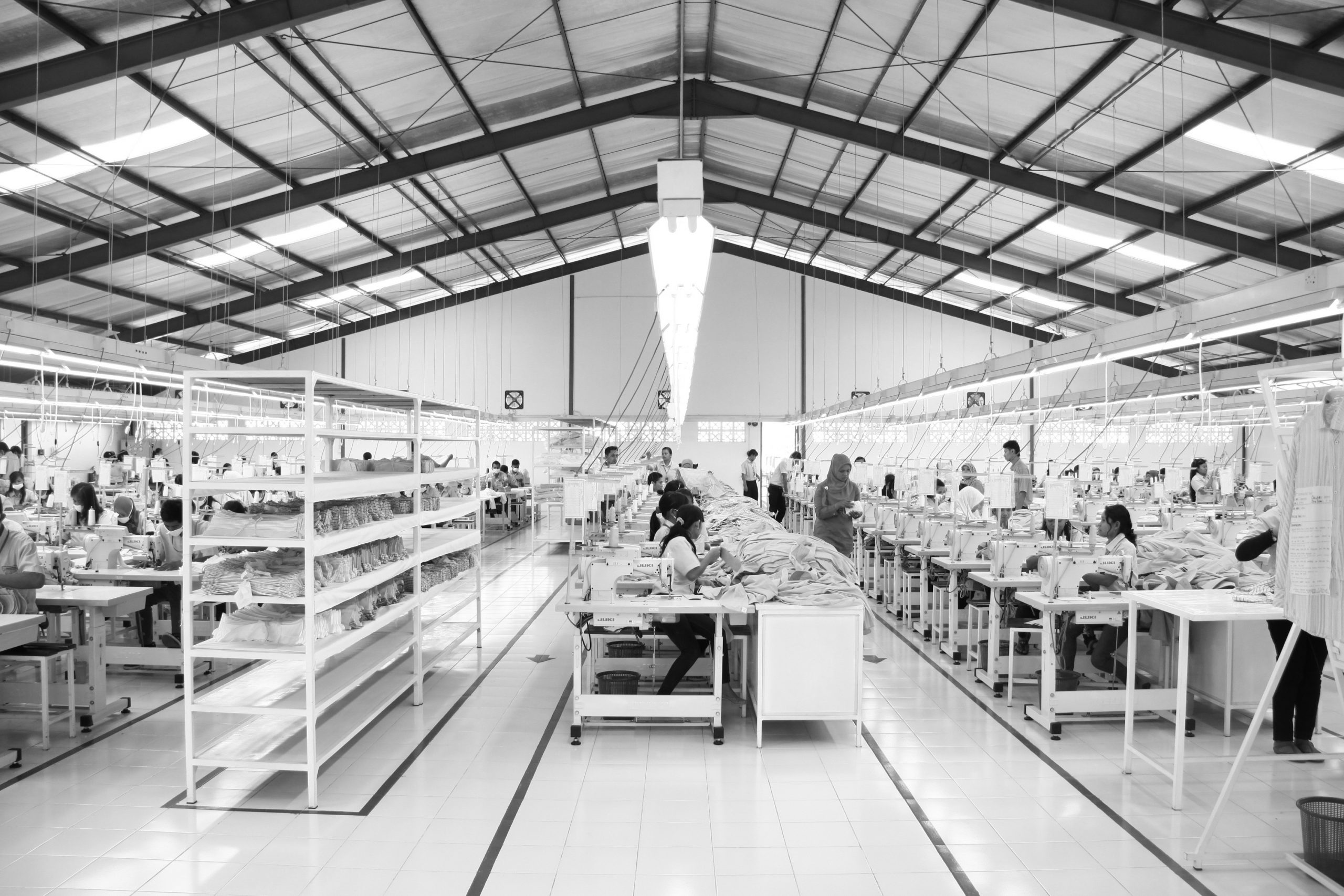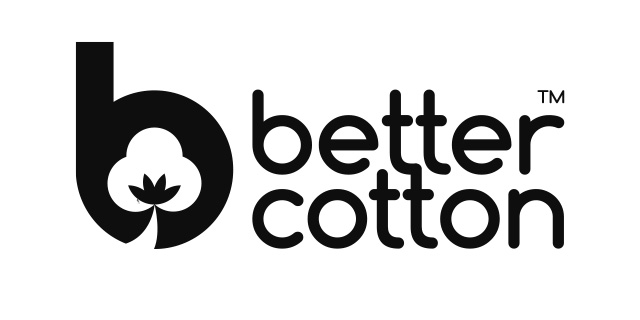Corporate Responsibility
Acting out of conviction.
Social, ecological and corporate responsibility.
For over 100 years, a company of tradition as well as commitment.
Behind Seidensticker is family.
As a family-owned company our aim is to ensure the convergence of social, ecological and economic responsibility.
Sustainability is deeply rooted in Seidensticker’s structural organisation and is seen as self-evident for generations now. We act responsibly in our dealings with people and our environment – but we are still striving forward to what we have planned for the future. We are working continuously and intensively to gradually achieve even more sustainability and are setting truly ambitious goals to achieve this.
While striving to make our approach even more transparent, we communicate openly about what we have already achieved and which milestones we have set for the future. In addition we want to point out how we intend to achieve these goals in order to strengthen awareness for sustainability and to show the importance of sustainable business for us as a company.
Our commitment
Fair working conditions and the lowest possible environmental impact are essential aspects of our corporate policy.
Managing partners of the Seidensticker Group
„Consistent compliance with the highest safety and social standards has been a matter of course for generations – both in our own four production facilities as well as at our partner companies. Corporate and social responsibility are clearly in the center of attention in the making of our products.”
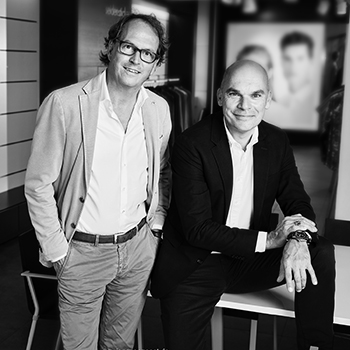
Strategy and governance
On our own responsibility.
Supply chain
On the way to 360 degrees
Ecology
Sustainably protect people and the environment.
Our raw material: cotton
Many of our products consist of cotton – some of them to 100%. For this reason cultivation of the raw material is of particular importance for us. The cultivation of conventional cotton is often accompanied by high water consumption, the use of pesticides and herbicides as well as genetically modified seeds. We are committed to reducing the environmental pollution caused by the production of our collections, in order to strengthen the cultivation of sustainable cotton.
The cotton, used for our shirts and blouses, comes mainly from Egypt, the USA, China and India. The raw material is mostly grown in smallholder farming structures and represents the basic income for many families worldwide. For this reason it is a matter of great concern to us, that cotton farmers receive regular training and course instructions on sustainable cultivation of raw materials and that the agriculture of our most important raw material is made as ecologically harmless as possible. Since 2019 Seidensticker is a member of the Better Cotton Initiative (BCI), supporting the sustainable cultivation of cotton worldwide. Furthermore we have been GOTS certified since 2019 and are gradually increasing the proportion of bio-cotton in our products.
Our production
We are taking steps to organise the production in our manufacturing plants even more sustainably. We pay strict attention in preventing environmentally hazardous chemicals in the manufacturing processes, in order to reduce the human and eco-toxicological pollution caused by chemicals: With this in mind, we have defined our own Manufacturing Restricted Substances List (MRSL), which prohibits the use of certain chemicals throughout the textile manufacturing chain or reduces them to certain amounts. Our MRSL is guided by the MRSL of the Zero Discharge of Hazardous Chemicals (ZDHC).
Our products are OEKO TEX Standard 100 certified and are therefore subject to comprehensive testing regarding chemicals that are harmful to health and environment. In addition, our Restricted Substances List (RSL) defines substances that are perhibited in our shirts and blouses or only to a minimal extent.
Plastic free
Together with packaging research institutes and associations, we have found a packaging alternative that is much more environmental-friendly and resource-saving, while still meeting the requirements for protection and hygiene. We decided to avoid the use of plastic packaging materials for the Seidensticker brand collections in future. With this measure the single shirt packaging is no longer required. Packaging components, previously containing plastic, are replaced by alternative materials – such as cardboard. In this way we are in the position of saving 30 tons of plastic waste per year. The first delivery with plastic-free packaging is planned for the season Spring / Summer 2021.
Eco-friendly cartons: To transport our products, we only use cardboard boxes made of 100% recycled material and compensate the CO² emission by supporting environmental projects.
Let’s get better together!
Step by Step.
On the basis of our policy statement, we have clearly strengthened our corporate responsibility commitment during the last few years and established a holistic sustainability strategy, with eight elements of transparent objectives, defined along our value chain, along with an on-product labelling “together responsible” for the first time.
- Due Diligence
- More sustainable raw materials production
- More environmentally-friendly fabric production
- Fair production conditions
- Transparency & Traceability
- Circularity
- Environment and Climate
- Stakeholder Engagement
A giant step – but for us it is only the beginning.

Social commitment
Achieving more together. Social engagement in initiatives and organisations.
We are firmly convinced that positive and far-reaching changes in social and ecological conditions are only possible if we advocate these together with other companies and nurture an open exchange with all stakeholders. For this reason we have joined various initiatives and rely on the expertise of independent standard organisations:

Partnership for Sustainable Textiles
The Seidensticker Group is a member of the Partnership for Sustainable Textiles. The Partnership advocates for a socially responsible, environmentally friendly, and corruption-free textile and clothing industry. It is aligned with fundamental international UN agreements on human and labor rights, environmental protection, and corruption prevention, as well as corresponding EU guidelines and initiatives. To achieve its goals, the Partnership places particular emphasis on implementing corporate due diligence in Germany, Europe, and worldwide.
The multi-stakeholder initiative consists of around 130 members from companies, associations, trade unions, civil society, standard-setting organizations, and the German federal government. It has developed an industry-specific implementation framework and reporting format, and initiates joint partnership initiatives in production countries, for example, focused on living wages, wastewater management, and grievance mechanisms.
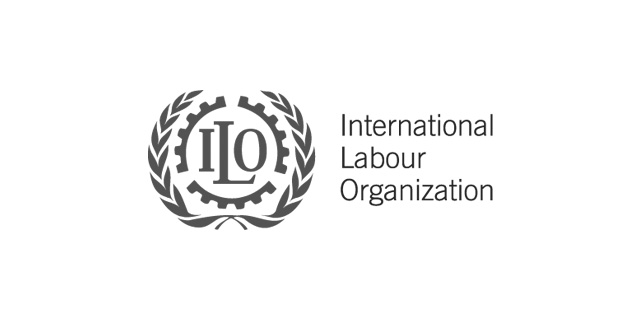
International Labour Organization (ILO)
The International Labour Organization (ILO) is a United Nations specialized agency with its headquarters in Geneva. This organisation is responsible for the formulation and enforcement of international labour and social standards. The globally binding minimum standards are intended to protect workers’ rights and consequently fair working conditions. We feel committed to the ILO Core Labour Standards, because we see this is as an elementary component of the procurement chain. The compliance with these standards is regularly controlled by us, as well as by independent third parties.
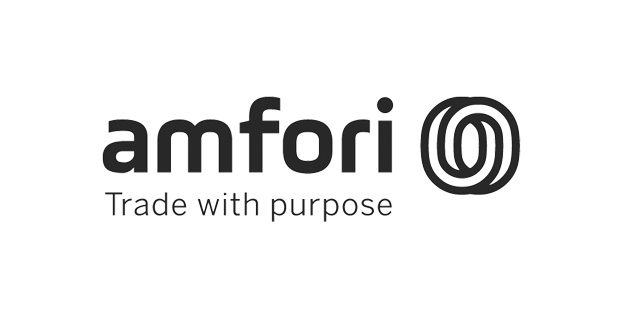
Amfori BSCI
Since 2008 we are a member of the amfori Business Social Compliance Initiative. The amfori BSCI is a corporate association of purchasing companies based on the International Labour Standards of the ILO. Since its foundation, this association pursues the goal of promoting international socially acceptable working conditions in various industrial sectors. The amfori BSCI creates a platform for member companies containing European codes of conduct, monitoring systems and common social principles. The initiative also supports the members with special audits to ensure that partner companies and suppliers act responsibly with both people and environment, as well as observing the BSCI Code of Conduct in their facilities. Our own production site in Semarang, Indonesia has undergone several amfori BSCI audits receiving outstanding results.
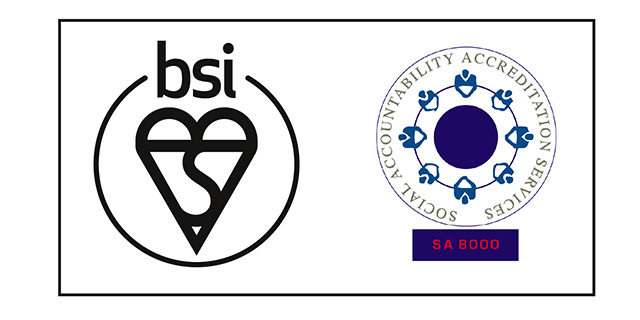
SA8000
SA8000 is one of the world’s leading and most ambitious social responsibility standards. SA8000 is a cross-sectoral and certification programme for social working conditions, independent of company size, and is based on internationally recognised standards such as the ILO Core Labour Standards. SA8000 certification follows a management system approach, in analysing and evaluating social criteria and stands up for continuous improvements. Organisations and companies, awarded the SA8000 certificate, advocate occupational safety along with good, healthy working conditions, compliance with human and labour rights and the payment of a living wage, criteria which are non-negotiable.
Our production sites in Chi Linh and Haiphong, Vietnam are SA8000 certified.
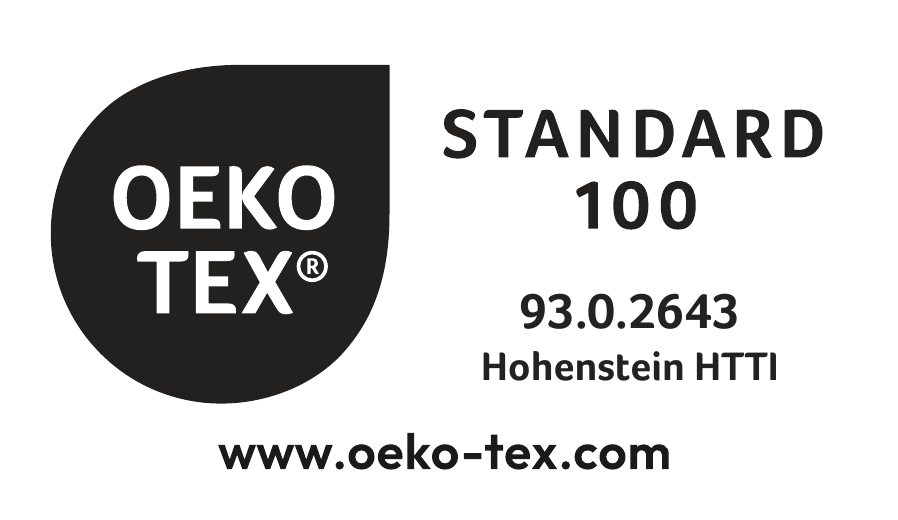
OEKO-TEX® STANDARD 100
OEKO-TEX® STANDARD 100 is an independent certification system for the testing of harmful substances in textile raw materials, intermediates and end products. Products certified with OEKO-TEX® STANDARD 100 satisfy the comply with the criteria for the use of substances that can be harmful for human health. All products of Seidensticker brand are OEKO-TEX® STANDARD 100 certified and therefore free from hazardous substances.
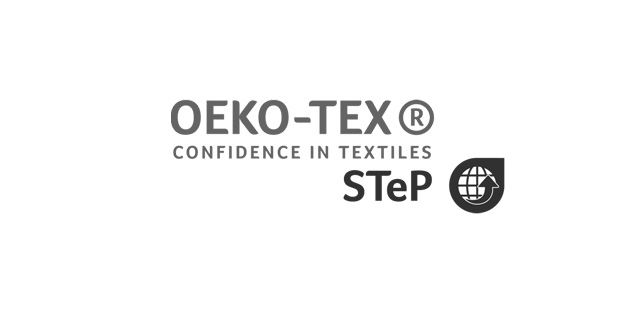
STeP by Oeko-Tex / Made in Green
STeP by Oeko-Tex is an independent testing system for the certification of environmentally-friendly manufacturing plants. The Oeko-Tex STeP-certificate verifies that the factories meet the highest ecological and social requirements. In this way manufacturing plants are inspected according to strict criteria for environment, chemicals and wastewater management, as well as for compliance with social criteria.
The vast majority of fabrics used for Seidensticker products, are produced in Oeko-Tex® STeP-certified factories. Added to this our two manufacturing plants in Vietnam are Oeko-Tex® STeP-certified since middle of the year 2020.
Better Cotton
We are actively engaging with Better Cotton in order to improve cotton farming worldwide. Better Cotton stands up for the producers of raw material, advocating respect for the environment and protection of the future of this sector. Better Cotton trains farmers to use water efficiently, care for soil health and natural habitats, reduce use of the most harmful chemicals and respect workers’ rights and well-being. The Seidensticker brand intends to source 100% of the cotton used in its products as more sustainable cotton by 2023. More sustainable cotton includes Better Cotton, organic and recycled cotton. WCurrently, we source around 44% as Better Cotton.
*Better Cotton is not detectable in the end product and is purchased according to the principle of mass balancing.
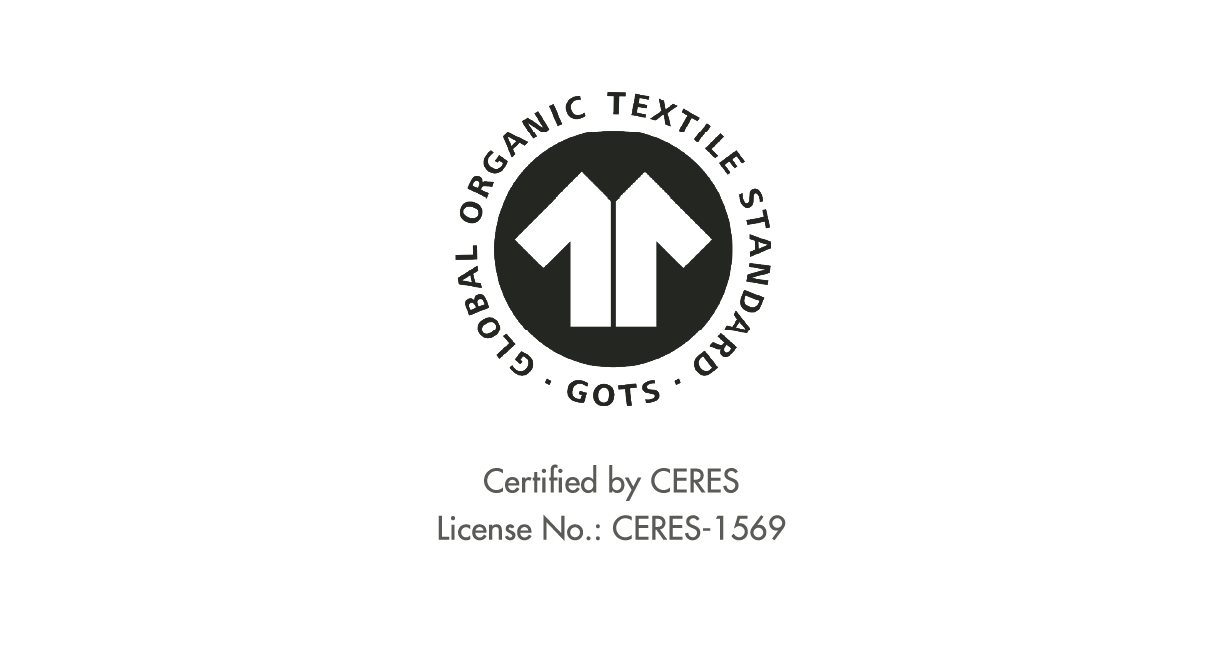
Global Organic Textile Standard (GOTS)
The Global Organic Textile Standard (GOTS) is one of the leading international standards for processing textiles made from organically produced natural fibers. GOTS defines strict environmental requirements – such as the use of chemicals and wastewater management – as well as social criteria for actors at all stages of the textile supply chain. The cotton in GOTS-certified products comes from organic cultivation, and all actors in the textile supply chain have been verified for compliance with environmental and social requirements. For garments to carry the GOTS label, all suppliers must be GOTS-certified from the cultivation of raw materials to the finished product.
The headquarters of the Seidensticker Group located in Bielefeld is GOTS-certified, CERES-1569. Not all products are GOTS-certified.
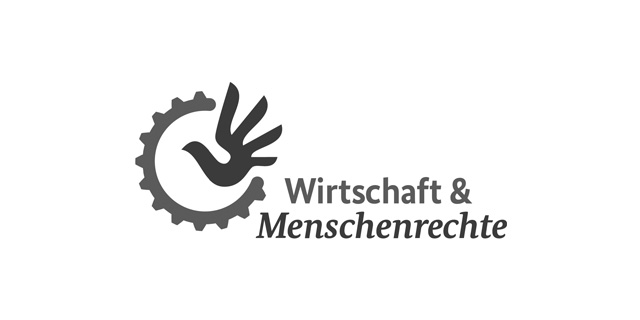
National Action Plan for Economy and Human Rights (NAP)
The Seidensticker Group supports the National Action Plan for Business and Human Rights, which is based on the guidelines of the United Nations for the protection of human rights regarding global supply chains. We take our corporate duty of due diligence along the value added chain very seriously and are more than aware of the impact that our supply chain has on local structures and people. Within the framework of extensive analyses, we regularly deal with potential risks and are in direct contact with stakeholders involved in the added value of our products in order to avoid any adverse environmental effects.
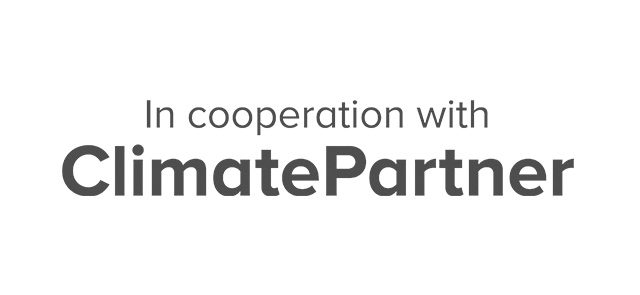
ClimatePartner
For the delivery of online orders, we use climate-neutral shipping boxes. Companies or products whose CO2 emissions have been calculated and offset by investing in recognized climate protection projects are considered climate-neutral. In addition to offsetting, the reduction and avoidance of CO2 emissions is an important step in holistic climate management. The wind power project in Brazil – selected to offset the emissions of our shipping boxes – provides the surrounding communities with clean energy.
Detailed information on the climate protection project can be found with the ClimatePartner Tracking ID 12505-2009-1001 or under the following link: Click here
Social responsibility
Seidensticker together
Social activities: Commitment by conviction
